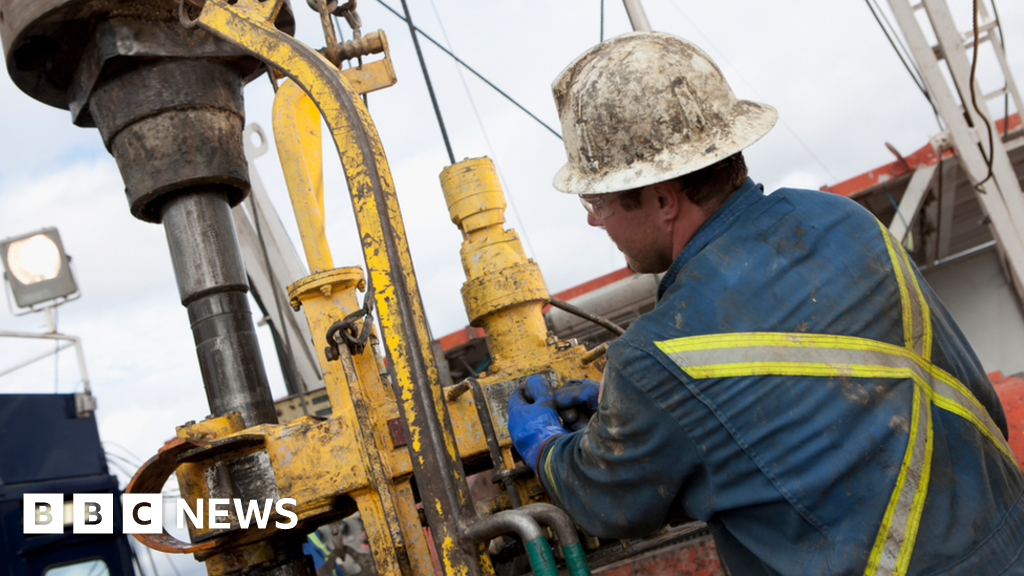Crude oil is a key ingredient in petrol and diesel, meaning higher oil prices could drive up prices at the pumps just when they’ve just hit their lowest level for three years.
If a company delivering goods, such as food, is hit by higher fuel costs, it is also likely to raise its prices. These increased costs could then be passed on by supermarkets selling the food to us, the consumer. The cost of living goes up.
“Everything we go and buy in the shop has been transported around and has been made from things that have been transported around. The increase in fuel costs tends to filter into everything,” Callum Macpherson, head of commodities at Investec, tells the BBC.
Andrew Bailey, governor of the Bank of England, which sets interest rates, has warned the conflict in the Middle East has the potential to have a “very serious” impact on the UK.
Mr Bailey said he was watching developments “extremely closely”. This comes as he signalled interest rates are on the path downwards, and the UK’s prospects on inflation – which has come down after being driven up by high oil and gas prices in 2022 – are looking brighter.
Yet so far a rise to about $78 a barrel is not the time for alarm bells.
If the “worst-case scenario” of further escalation does not materialise, oil prices are likely to “ease back quite quickly”, says Caroline Bain, chief commodities economist at Capital Economics.
Iran is the world’s seventh largest oil exporter, with half of its exports going to China. If supplies were disrupted, China could turn to Russia.
But Ms Bain warns markets are “finely balanced”, and if the conflict escalates, “taking out a medium-sized supplier like Iran would lead to a spike in prices”.
She says there is “more than enough capacity” globally to cover the gap if Iranian production is lost, but there is the question of where Saudi Arabia’s “loyalty will lie” as the world’s second largest oil producer and whether it will increase or restrict further production.
Mr Macpherson says if Israel did decide to attack Iran’s oil sector, a rise in the price of Brent crude could increase the cost of filling up at the pumps “quite quickly”.
He explains that this scenario could threaten general inflation in the UK, which could in turn influence any decision from the Bank of England to lower interest rates.
However, he also points out “there might not ultimately be any disruption to supply” at all.
Credit: Source link











